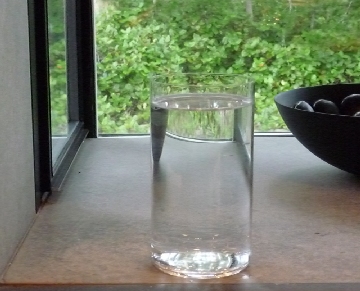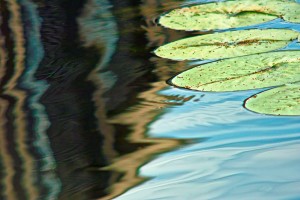
The Cost of Seattle Water
The Seattle water system is a good one, provided by Seattle Public Utilities. But, as the demand grows with urban development and population, the cost of Seattle water will need to rise to support expansion.
A recent article by Gene Balk in the Seattle Times makes some interesting points. Balk mentions “…bafflingly — drought-stricken Fresno, Calif., has some of the cheapest water in the nation. At a 50-gallon-per-person usage, a family of four would pay just $41.63 — less than one-quarter of the cost in soggy Seattle.”
Balk goes on to write: “Seattle has such high rates because we’ve invested more than most places in our water infrastructure in recent years. We relocated our reservoirs underground, in compliance with federal mandates, to keep our drinking water safe from contaminants. “
We can clearly see that it’s not the amount of Seattle water that is the generator of costs, it is the infrastructure required to convey and treat the water to potable standards.
Approximately 70 % of household water demand is for non potable usage. Irrigation, water closets, laundry, and wash down account for this non potable use. Rainwater collection can mitigate non potable use of city water and have a positive effect on our centralized water system and environment.
The commercial building owner and the home owner can enjoy healthy savings on future Seattle water bills by utilizing rainwater collection. Stormwater reduction could be significantly recognized through on site filtration if buildings and homes in the urban environment adopted rainwater collection .
Seattle is a progressive city in many ways and rainwater collection is part of that progression.

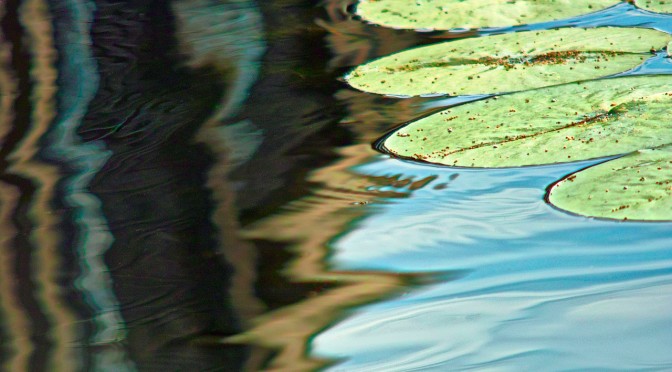
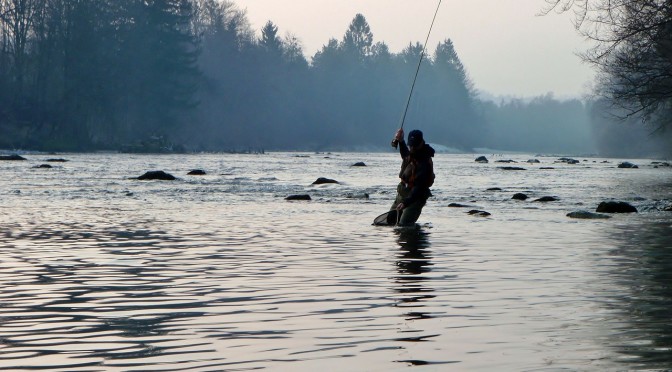

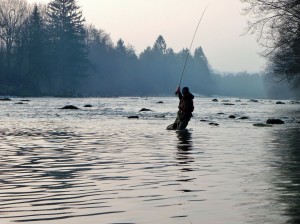 Rather than continuing the “water war” in the valley, the Building and Health Departments should be promoting rainwater collection. Let the people know that there is a viable solution, so they can build their homes. Offer real case studies from other counties on the quality, availability, and affordable costs of a RWC system. Education about alternative water sources is available from the American Rainwater Catchment Systems Association (
Rather than continuing the “water war” in the valley, the Building and Health Departments should be promoting rainwater collection. Let the people know that there is a viable solution, so they can build their homes. Offer real case studies from other counties on the quality, availability, and affordable costs of a RWC system. Education about alternative water sources is available from the American Rainwater Catchment Systems Association (